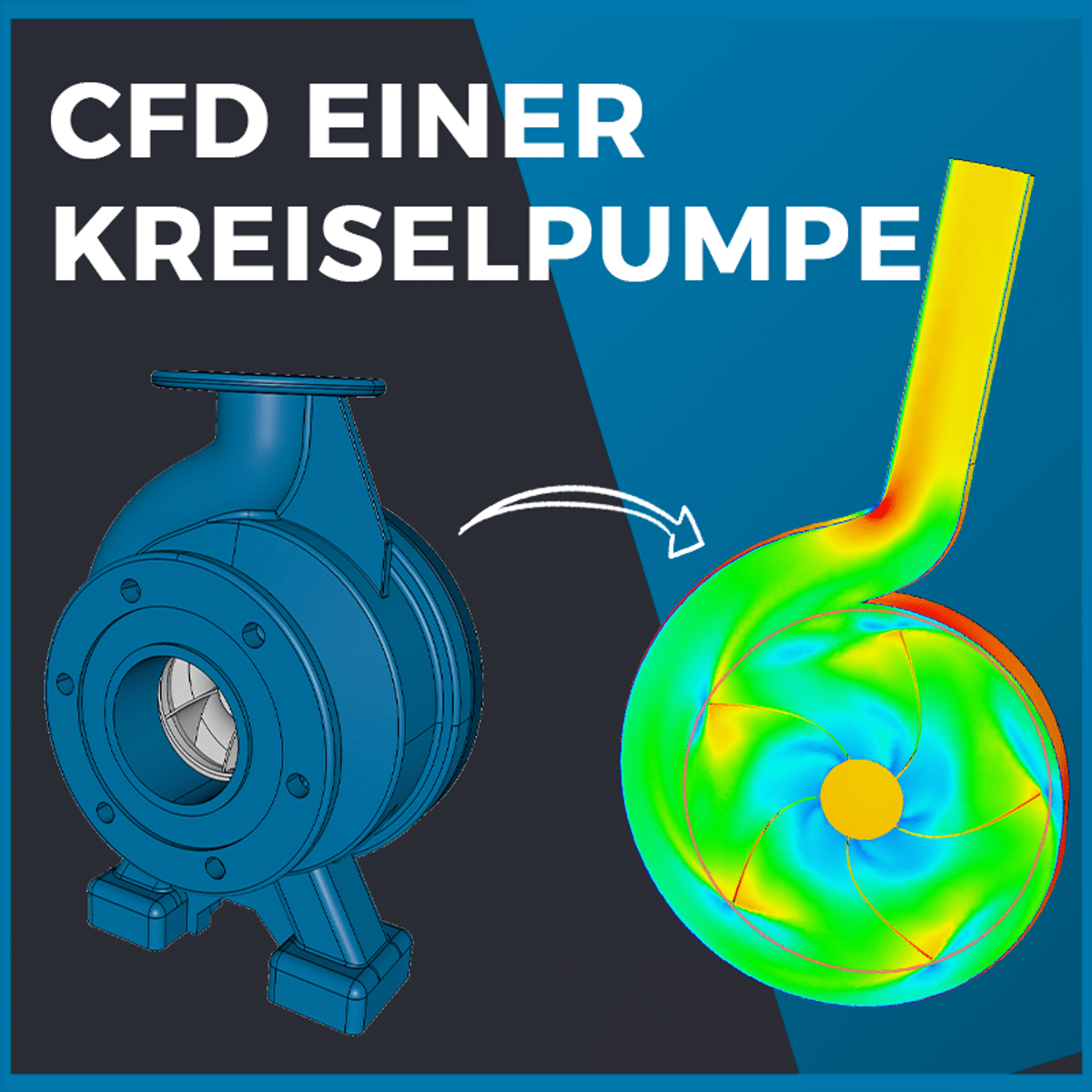
Dieses Tutorial zeigt, wie man mit SimScale eine inkompressible Strömungssimulation einer Kreiselpumpe mit rotierenden Zonen durchführt.
What's inside
Syllabus
Good to know
Save this course
Activities
Zu Open-Source-CFD-Projekten beitragen
Show steps
Die Mitarbeit an Open-Source-CFD-Projekten hilft Ihnen, Ihr Wissen zu erweitern und praktische Erfahrungen zu sammeln.
Browse courses on
Open-Source
Show steps
-
Finden Sie Open-Source-CFD-Projekte, zu denen Sie beitragen können
-
Melden Sie sich bei den Projekten an und tragen Sie Code bei
Show all one activities
Zu Open-Source-CFD-Projekten beitragen
Show steps
Die Mitarbeit an Open-Source-CFD-Projekten hilft Ihnen, Ihr Wissen zu erweitern und praktische Erfahrungen zu sammeln.
Browse courses on
Open-Source
Show steps
- Finden Sie Open-Source-CFD-Projekte, zu denen Sie beitragen können
- Melden Sie sich bei den Projekten an und tragen Sie Code bei
Career center
CFD Simulation Engineer
CFD Engineer
Computational Fluid Dynamics Analyst
Flow Simulation Engineer
CFD Modeling Engineer
Fluid Dynamics Engineer
Aerospace Engineer
Mechanical Engineer
Materials Engineer
Automotive Engineer
Chemical Engineer
Environmental Engineer
Petroleum Engineer
Nuclear Engineer
Civil Engineer
Reading list
Share
Similar courses
OpenCourser helps millions of learners each year. People visit us to learn workspace skills, ace their exams, and nurture their curiosity.
Our extensive catalog contains over 50,000 courses and twice as many books. Browse by search, by topic, or even by career interests. We'll match you to the right resources quickly.
Find this site helpful? Tell a friend about us.
We're supported by our community of learners. When you purchase or subscribe to courses and programs or purchase books, we may earn a commission from our partners.
Your purchases help us maintain our catalog and keep our servers humming without ads.
Thank you for supporting OpenCourser.



